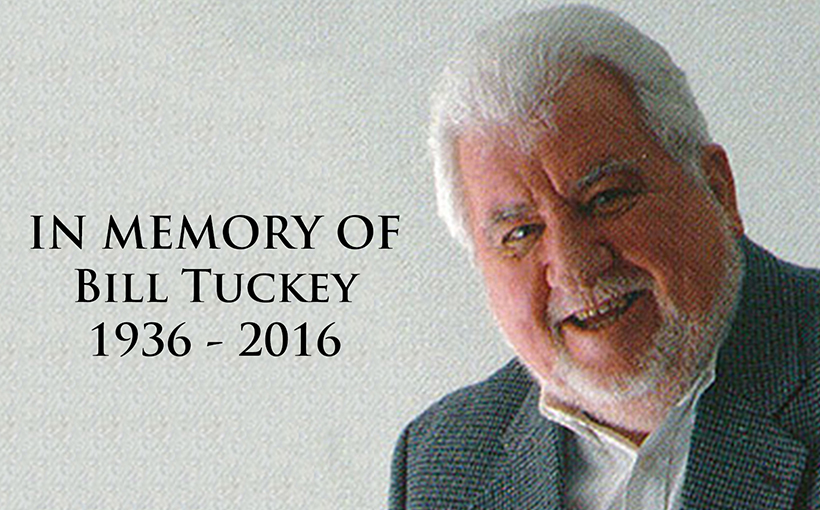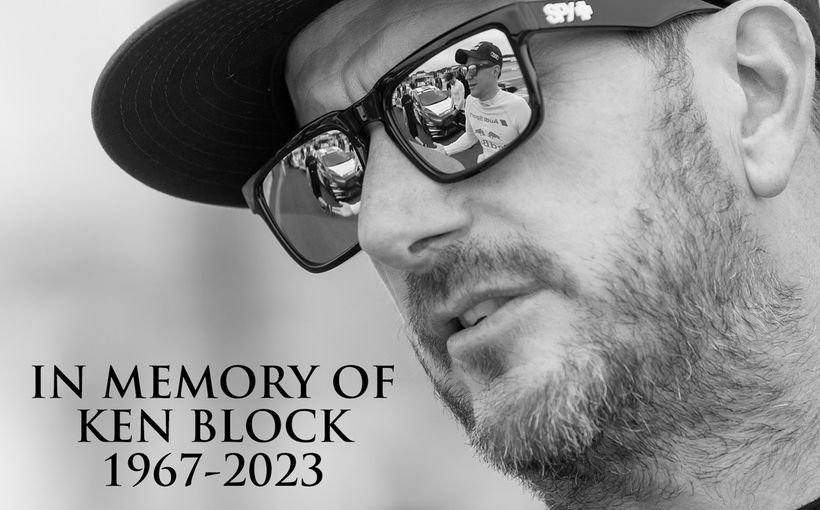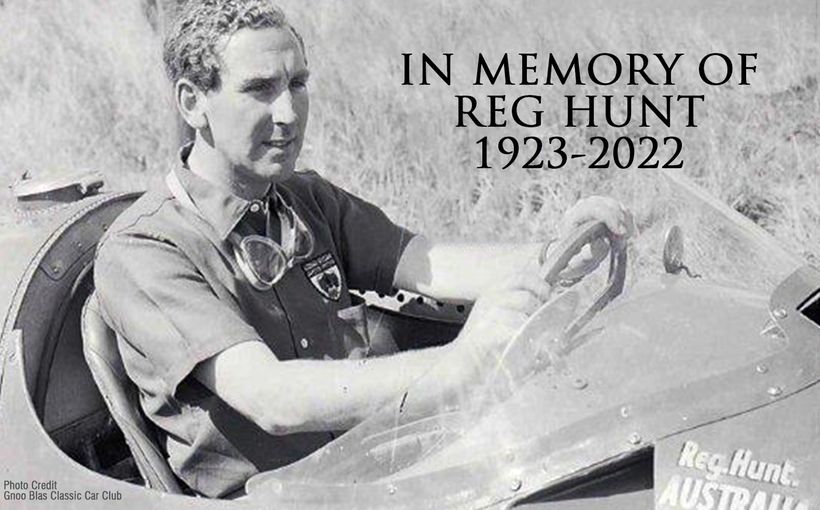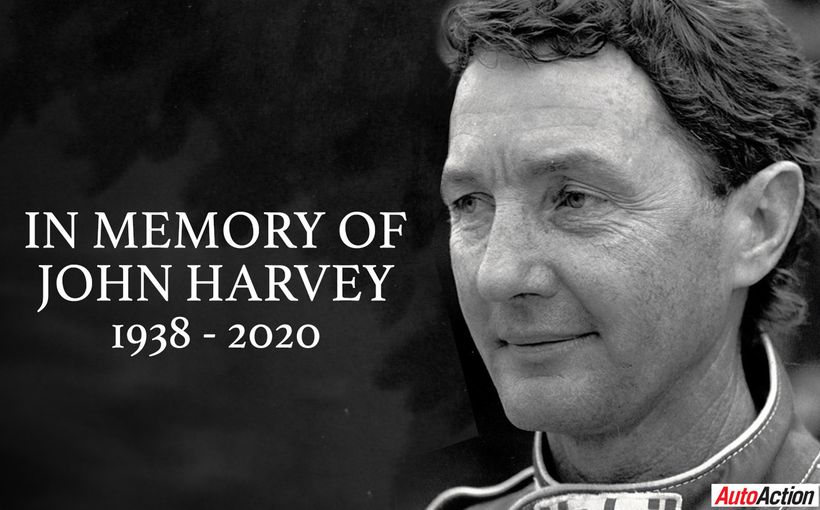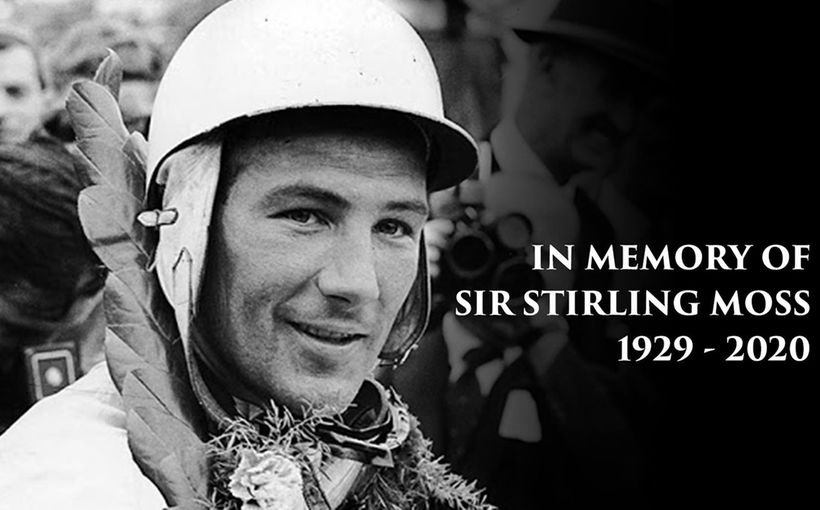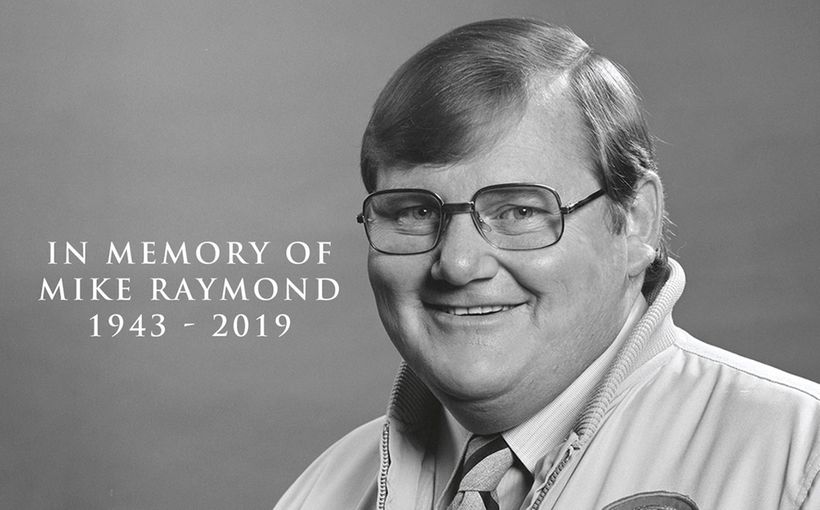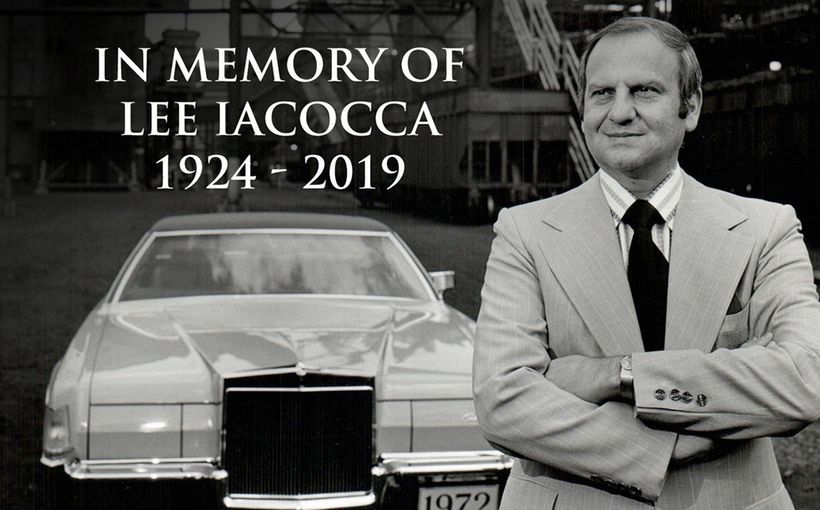Vale Bill Tuckey (1936-2016): Australia’s Greatest Motoring Journalist

"The Alfas were giving the Falcons a terrible time. Meanwhile the Sharp/Derriman Dodge was amazing everyone, lurching around corners, revving the ears off its automatic transmission, and taking plenty of time to slow down on its tiny drum brakes - but it was still there."
"It was certainly a lot more reliable than some other cars; an hour after the start John Leffler had a brand new brake hose burst as his Cooper arrived at Forrest’s Elbow, and he destroyed it against the embankment, and the little car flipped as the Edgerton/Toshack Imp made a frantic save to miss it. Makinen ended up on his side, got out, pushed the car back on its wheels, and crossed the start/finish line only 35 seconds slower than his normal lap."
This extract from Bill Tuckey’s 1980 book, Australia’s Greatest Motor Race, 1960-1989 (1967) shows why I chose to spend an entire afternoon devouring his words. I, who had never been to Bathurst at the time, was immediately there, smelling the Castrol R and mingling with the drivers, all of whom were drawn in memorable detail – ‘[a] dedicated humble man named Barry (‘Bo’) Seton’, ‘the pugnacious Herb Taylor’, ‘cheerful Fred Gibson with the mouth of white ivories’, ‘a young Ginger Meggs of a kid, the red-headed Graham Ryan’, ‘a young man showing the promise of greatness providing he could keep the equipment out of the scenery – Kevin Bartlett’, ‘an unknown black-eyed Melbourne madman called Peter Brock
Looking back to that day in 1981, I can feel how the brilliant clarity and evocative power of Tuckey’s prose later inspired my own attempt to become the best motoring journalist I could. But first there were to be more months driving a taxi and writing literary criticism, with the occasional poem thrown in.
Tuckey more than any other car journo in the world, including such masters as L.J.K. Setwright and David E. Davis, showed that it was possible to combine great acuity about motoring with first-class writing. He was the master and from the time he became editor of Wheels in October 1963 he set the template. He has never been matched, equally witty whether as Bill Tuckey or operating under his pseudonym Romsey Quints.

When I met the great man in 1983 (I think) and told him he was a poet. I believe he was embarrassed by the praise, but Tuckey had spent too much time reading Ernest Hemingway and other 20th century prose stylists not to appreciate the compliment.
What a good fun bloke he turned out to be, too. He could on occasion achieve pomposity but he was also quite genuinely modest in many ways. Sadly, he did not receive sufficient acknowledgement from his peers, too few of whom appreciated the finest writing. Oscar Wilde said that the difference between literature and journalism is that journalism is unreadable and literature is never read: William P. Tuckey disproved this too-clever aphorism.
His journalism was superb because, like the best poets, he described what he actually saw, smelt, heard, touched and tasted. He rarely descended to cliché. It was this freshness that brought Mt Panorama into my tiny Manly flat in 1981 and made those many issues of Wheels he edited so superior to rival offerings.
Many of us remember his phrases of more than half a century ago – ‘tear along the dotted line’ to invoke the disparity between the EH Holden 179’s powers of accelerations and reluctance to slow down. And how about this summation of the Phase III GTHO: ‘Now the brilliant Moffat, loved and hated in equal ratio by the fans, had gone out and literally sucked the doors off everything in a convincing display of the fact that the new Falcon, the fastest volume-production touring car built in the world, was where the 1971 Bathurst story began and ended’?

Tuckey himself loved to admit the faux pas in his first road test where the Morris 850 emitted a chirp from the rear tyres under maximum acceleration. (To err is to be human and no-one was more human than Bill.) Even at his most argumentative and irritating, Bill was difficult not to love. But he sometimes incurred the fate befalling tall poppies.
He will go missing in so many lives and for so long.
To his wife Marcie and to Fred Mark One (Stuart) and Fred Mark Two (Libby), all of us at the Shannons Club offer our heartfelt condolences. Thanks for the memories, Bill and Romsey.
(tribute by John Wright)

